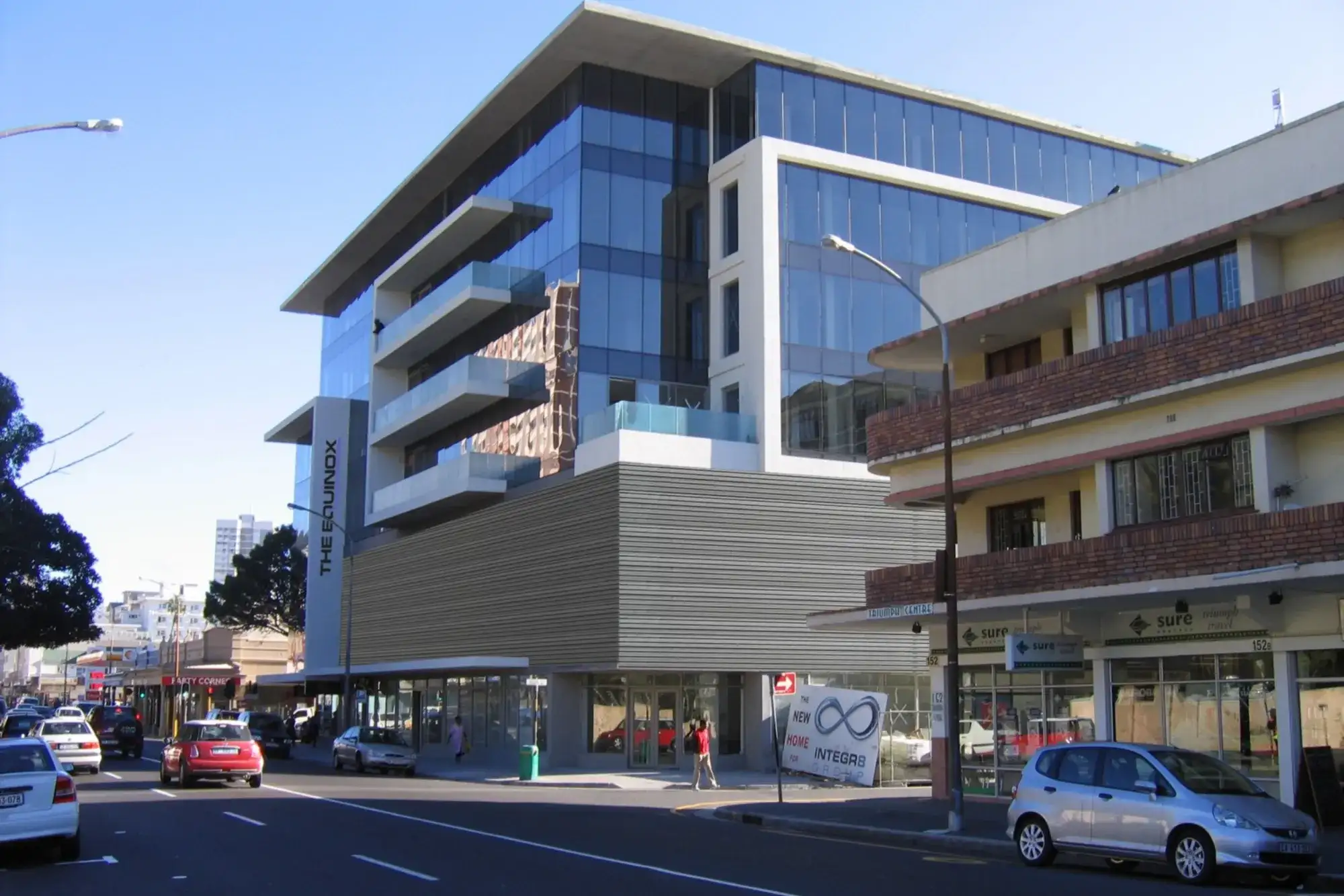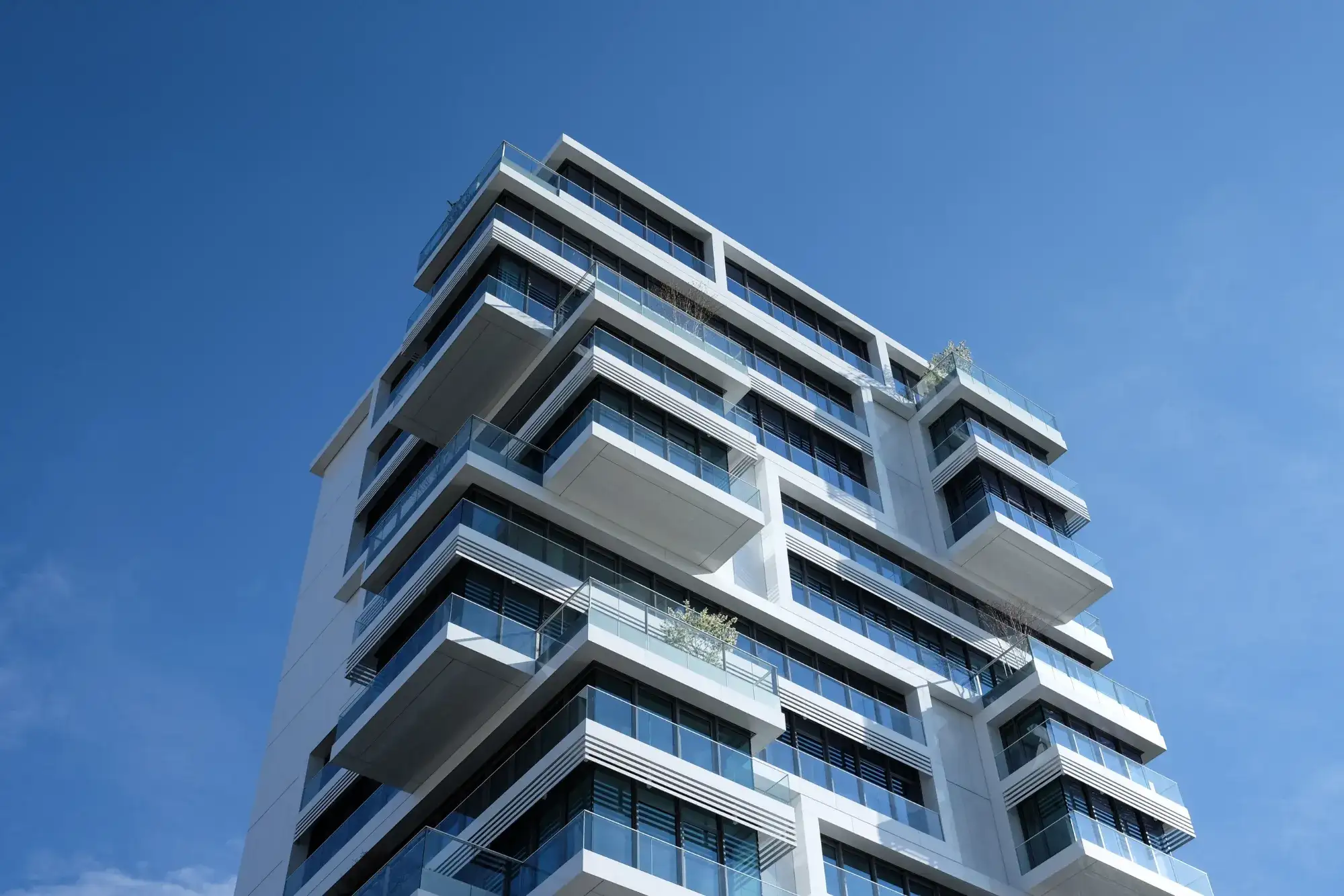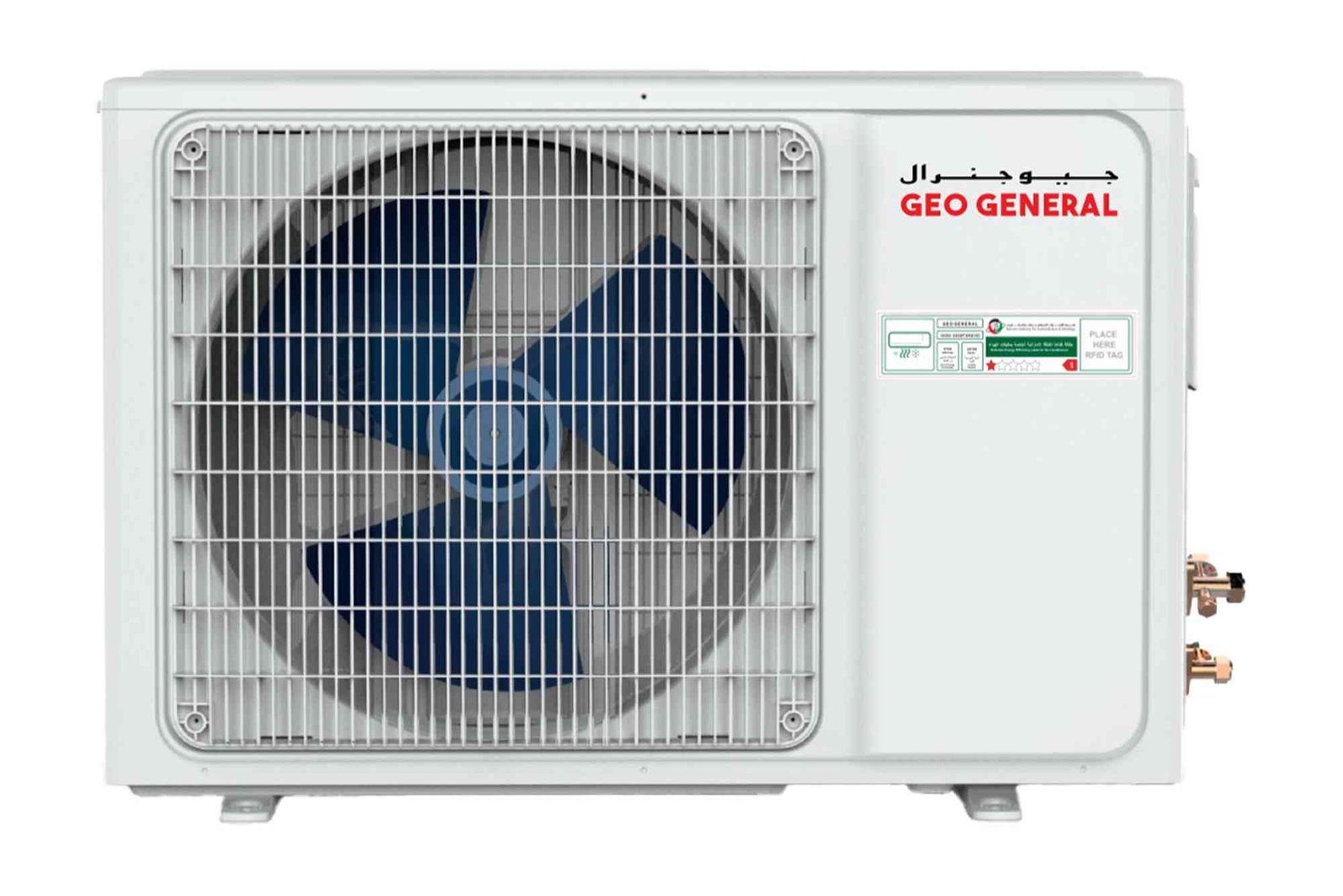Commercial property has emerged as a central asset class for investors worldwide. Whether you are looking to diversify your portfolio or create a steady income stream, commercial property is one of the most reliable investment avenues. It differs significantly from residential real estate, offering various types, investment strategies, and long-term benefits.
In this guide, we’ll explore what commercial property entails, its types, investment advantages, and key factors to consider before making your investment decision.
What is Commercial Property?
Commercial property refers to any real estate used for business activities. This includes offices, retail spaces, warehouses, hotels, and industrial buildings. Unlike residential real estate, which primarily involves renting or buying homes, commercial real estate is primarily aimed at generating profit through lease agreements, business operations, or long-term appreciation.
Commercial property investment has distinct rules and regulations compared to residential property. Most commercial property transactions are governed by long-term contracts, making the process more complex and time-consuming. However, the returns and rental income from commercial real estate tend to be significantly higher, making it a desirable option for many investors.
Types of Commercial Property
Understanding the various types of commercial property is crucial when venturing into the world of commercial real estate investment. Each category has its own unique advantages, limitations, and operational requirements.
Office Buildings
Office buildings represent a significant share of the commercial property market. These buildings are designed to house companies, startups, and various types of businesses. There are several categories of office buildings:
- Class A: High-end office buildings with modern amenities, located in prime business areas.
- Class B: Older buildings that may lack the modern features of Class A buildings but are well-maintained.
- Class C: Buildings that are typically older, may need renovation, and are often located in less desirable areas.
Office buildings generate rental income from tenants on long-term leases. The demand for office space largely depends on economic conditions, job growth, and market trends.
Retail Spaces
Retail spaces encompass shopping centers, malls, individual retail stores, and restaurants. These properties are highly sensitive to consumer spending patterns and retail trends. Popular types of retail properties include:
- Strip Centers: Small shopping areas, usually anchored by a grocery store or drugstore.
- Malls: Larger complexes that house numerous retail stores, restaurants, and entertainment venues.
- Big Box Retailers: Large stores like Walmart, Target, and Costco.
- Restaurants: Both stand-alone or mall-based dining spaces.
Retail space leasing agreements typically include percentage rents, meaning tenants pay a portion of their monthly revenue in addition to base rent.
Industrial Properties
Industrial properties focus on manufacturing, storage, distribution, and logistics. These buildings can range from small warehouses to massive distribution centers. Categories include:
- Warehouses: Spaces used for storage and distribution of goods.
- Manufacturing Facilities: Buildings that house equipment and machinery for manufacturing processes.
- Flex Spaces: Buildings that combine both office and warehouse space.
Industrial properties have gained significant attention due to the rise in e-commerce, creating a massive demand for warehousing and logistics facilities.
Multi-Family Residential
While multi-family residential properties may seem like residential real estate, they are often considered commercial properties when they consist of five or more units. These properties include apartment complexes, condominiums, and townhouses.
Investors in multi-family units typically aim for rental income and long-term appreciation. Multi-family properties can provide consistent cash flow if properly managed, making them attractive to investors seeking passive income.
Hospitality
Hospitality properties include hotels, motels, resorts, and vacation rental properties. These buildings are designed to provide lodging services to travelers. The hospitality sector is highly cyclical, with revenues fluctuating based on travel trends, economic conditions, and seasonal demand.
Hotels and resorts are some of the more risky investments within the commercial property spectrum due to their dependency on tourism and discretionary spending. However, they offer high potential returns when managed effectively.
Special Purpose Properties
Special purpose properties are buildings designed for specific business activities and may include movie theaters, schools, churches, and amusement parks. These properties are usually built for a single tenant or use, making them less flexible compared to other types of commercial property.
Benefits of Investing in Commercial Property

Investing in commercial property offers a range of advantages that appeal to both seasoned investors and newcomers. Here are some key benefits:
Steady Cash Flow
One of the main attractions of commercial real estate is the potential for consistent, long-term cash flow. Commercial leases are typically much longer than residential leases, ranging from five to 10 years or more. This results in a stable income stream for the property owner.
Higher Return on Investment (ROI)
Commercial properties generally offer a higher ROI compared to residential properties. The net operating income (NOI) of a commercial property is usually greater, thanks to higher rental rates and longer lease durations.
Portfolio Diversification
Adding commercial property to an investment portfolio provides excellent diversification. It reduces risk by spreading investments across different asset classes, including stocks, bonds, and real estate.
Hedge Against Inflation
Commercial real estate serves as a natural hedge against inflation. Property values and rental rates tend to rise with inflation, helping investors preserve the purchasing power of their income.
Tax Advantages
Commercial property investors can take advantage of several tax benefits, such as depreciation deductions and mortgage interest write-offs. These tax incentives can help offset the costs of property ownership and improve overall profitability.
Key Factors to Consider When Investing in Commercial Property
Before diving into commercial property investment, there are several important factors to keep in mind:
Location
Location is one of the most critical aspects of any real estate investment. A property located in a prime business district or growing market is likely to attract high-quality tenants and generate higher rental income.
Market Trends
Understanding market trends in the commercial real estate sector is essential. Keep an eye on economic indicators, job growth, and industry shifts that may affect demand for different types of commercial properties.
Tenant Quality
The success of a commercial property largely depends on the quality of tenants. Long-term, reliable tenants reduce the risk of vacancy and provide stable income. Conduct thorough background checks and assess a potential tenant’s financial health before signing a lease agreement.
Financing
Securing financing for commercial property can be more challenging than residential real estate. Commercial loans often require larger down payments and come with higher interest rates. It’s important to explore various financing options, including conventional loans, SBA loans, and private financing.
Property Management
Effective property management is crucial for the success of any commercial real estate investment. Property management involves handling tenant relationships, lease agreements, maintenance, and repairs. Hiring a professional property management company can help ensure the property runs smoothly and remains profitable.
Risks of Commercial Property Investment

While there are many advantages to investing in commercial property, it’s important to be aware of the potential risks:
Market Volatility
Commercial property values can fluctuate based on economic conditions. In times of recession, demand for office and retail space may decline, leading to higher vacancy rates and lower rental income.
High Initial Costs
Purchasing commercial property requires a significant upfront investment. Besides the purchase price, investors need to account for costs such as property taxes, insurance, maintenance, and utilities.
Longer Vacancy Periods
Commercial properties tend to experience longer vacancy periods than residential properties. It may take months or even years to find the right tenant, especially for large office spaces or specialized properties.
Complex Lease Agreements
Commercial leases are typically more complex than residential leases. They may include clauses for percentage rents, maintenance responsibilities, and renewal options. Investors must be familiar with the legal aspects of these agreements.
FAQs about Commercial Property
What is the difference between commercial and residential property?
The primary difference is that commercial properties are used for business activities, while residential properties are used for housing. Commercial properties generally generate higher rental income but come with more complex lease agreements and longer vacancy periods.
What is a triple net lease?
A triple net lease is a type of lease agreement where the tenant is responsible for paying property taxes, insurance, and maintenance costs in addition to the base rent.
How can I finance a commercial property?
Financing options for commercial property include conventional loans, SBA loans, and private financing. Commercial loans typically require larger down payments and come with higher interest rates than residential mortgages.
What are the tax benefits of commercial property investment?
Commercial property investors can benefit from tax deductions on depreciation, mortgage interest, and operating expenses. These deductions can help offset the costs of ownership and improve profitability.
Table: Types of Commercial Property and Their Uses
| Property Type | Description | Common Uses |
|---|---|---|
| Office Buildings | Spaces designed for business operations | Corporate offices, startups, co-working spaces |
| Retail Spaces | Areas dedicated to retail businesses | Malls, restaurants, standalone stores |
| Industrial Properties | Buildings for manufacturing, storage, and logistics | Warehouses, manufacturing units, flex spaces |
| Multi-Family Residential | Residential buildings with 5+ units, classified as commercial | Apartment complexes, condos, townhouses |
| Hospitality | Properties providing lodging and accommodations | Hotels, resorts, vacation rentals |
| Special Purpose | Properties designed for unique business operations | Theaters, schools, churches, amusement parks |
Commercial property investment can be highly lucrative, offering opportunities for steady cash flow, long-term appreciation, and portfolio diversification. However, it is crucial to understand the different types of commercial properties, their benefits, and the risks involved before making a commitment. By conducting thorough research, evaluating market conditions, and ensuring sound financial planning, investors can achieve success in the world of commercial property.







